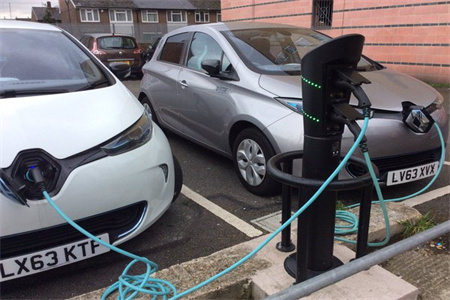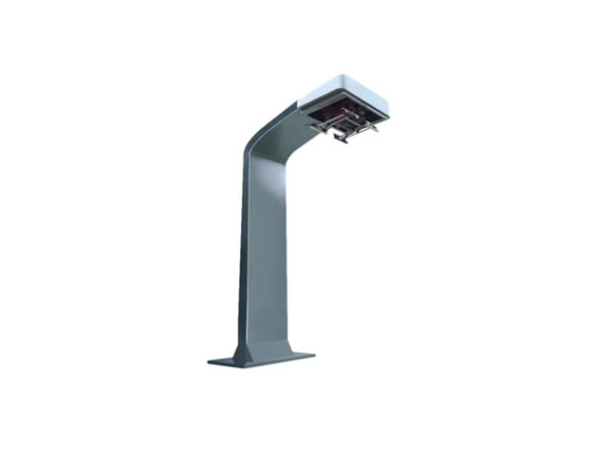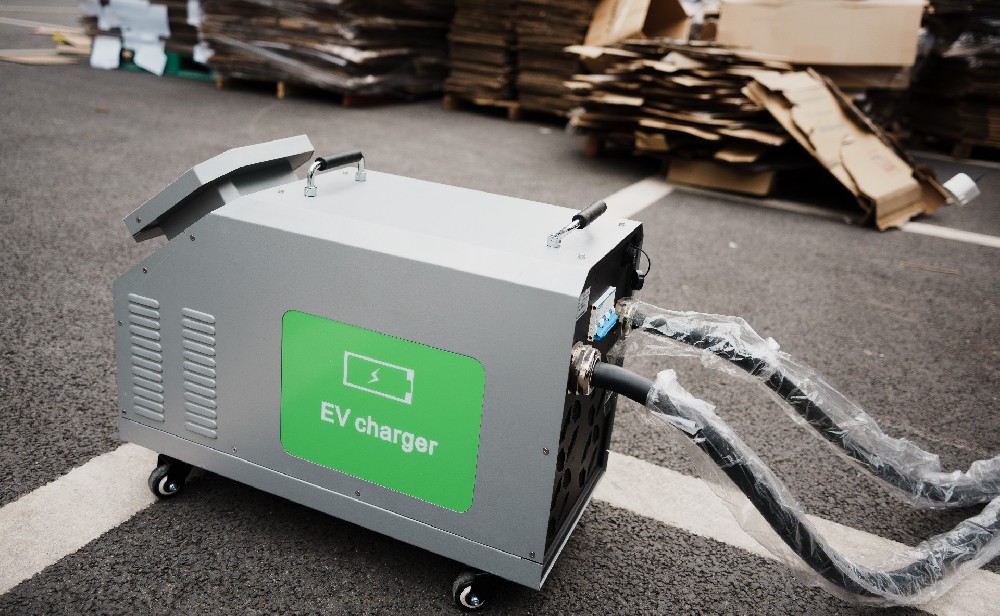-
13822183778@139.com
-
13822183778
Dual EV Charger —Charge Two EV Cars At Home
The electric vehicle industry is rapidly expanding. If you already have an electric vehicle, then you know that having an EV charger is important to achieve fast charging. However, if you have two EVs, then it becomes even more important. The question that remains is, will you need a second charger? In this article, we will address this and more interesting facts related to the subject to let you know the best approach.
This type of charger includes two cable cords that can be used to power two vehicles simultaneously while using the same electric circuit branch. This type of charger maximizes the available electrical capacity to charge the two EVs, optimizes space, and potentially avoids the need for electrical upgrades.

Nevertheless, there is a disadvantage. The dual EV charger splits the available power in the circuit into two parts. In other words, when charging two EVs simultaneously, a 7.2kW level 2 charging station will charge each EV at 3.6kW. This reduces charging performance and duplicates the standard charging time that you would need to fully charge each vehicle.
So before investing in a dual charging station, it’s crucial to assess your electrical panel’s capacity and consult with a licensed installer or electrician to ensure that your electrical panel can handle the additional load required to charge two electric vehicles at the same time. If not, you may have the same issue as having two separate EV chargers with a lower charging speed.
When charging two electric cars at home, it’s worth taking advantage of an EV-friendly tariff to save money on charging costs.
Many energy companies offer discounted electricity rates during off-peak hours, which can significantly reduce the cost of charging your EVs. By programming your charging schedule to align with these off-peak hours, you can save money while conveniently charging your vehicles at home.
 How long does it take to charge ···
How long does it take to charge ···
 DC Fast Charging CCS type 2 plug
DC Fast Charging CCS type 2 plug
 The high-voltage and high-curren···
The high-voltage and high-curren···


